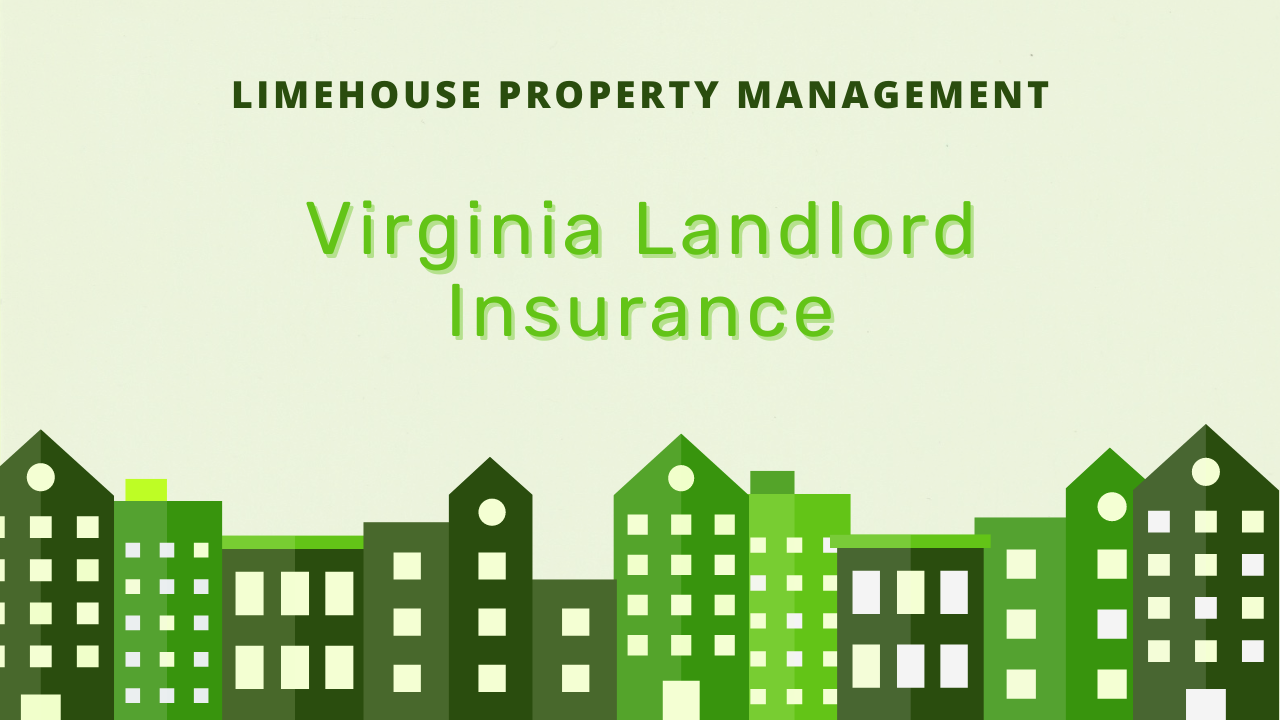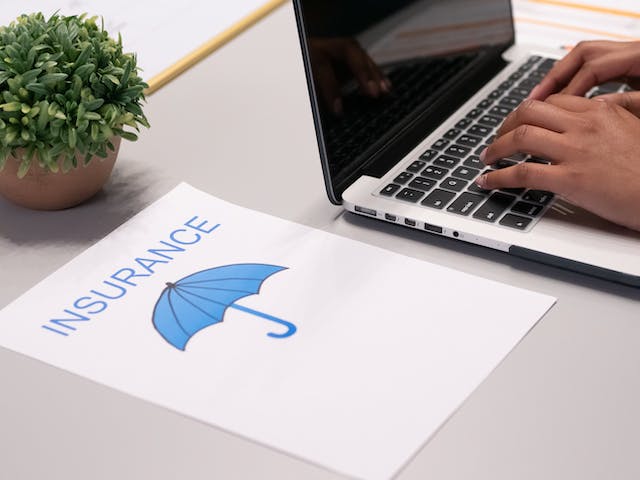Virginia Landlord Insurance

Do you manage rentals or own properties in Virginia and find yourself overwhelmed by the challenges? Given how quickly the real estate market is changing nowadays, it is critical to understand how to protect your investment. You probably understand all too well the risks associated with renting out your property as a landlord.
The challenges might be overwhelming, ranging from liability concerns to unforeseen consequences. Virginia Landlord Insurance can provide financial security and peace of mind in the event of an unanticipated circumstance.
In order to help you make wise decisions and successfully protect your rental assets, we go into the nuances of landlord insurance in this post, which is specifically designed to meet the needs of Virginia property owners.
Virginia Landlord Insurance Overview
Landlord insurance in Virginia is an essential safety net for those who rent out home or business facilities. It acts as a buffer against unforeseen events that may arise while renting out a property.
Consider it your reliable ally, prepared to handle any situation that may come up during your time as a landlord, from property damage to legal obligations.
This particular insurance coverage is made to provide protection beyond what regular homes insurance usually offers, specifically to meet the needs and overcome the particular difficulties that Virginian landlords have.

You may rest a little easier knowing that your investment is protected against the unpredictable ups and downs of rental property ownership when you get Virginia landlord insurance.
Virginia Landlord Insurance Policy Coverage Details
This is an explanation of how Virginia landlord insurance acts as a complete safety net, protecting your investment from a range of possible risks and liabilities:
- Dwelling: This is the cornerstone of your Virginia landlord insurance policy; it guards your rental property’s physical structure against hazards like fire, windstorms, vandalism, and more. It’s similar to having a strong umbrella to protect your building from unforeseen storms that cause damage.
- Additional Structures: This coverage includes secondary structures on your property, such as sheds, fences, and garages, in addition to the main building. So you can be confident that everything is insured, including your quaint guesthouse and the lovely gazebo in your backyard.
- Personal Property: Even if you might not reside there, you might have personal items kept there for upkeep or maintenance. This insurance makes sure that in the event of theft, damage, or loss, your tools, equipment, or supplies are covered.
- Liability Insurance: Liability insurance protects you in the event that someone is hurt on your rental property. Accidents do happen. Liability insurance has you covered for everything from slip-and-fall accidents to court costs brought on by tenant conflicts, providing both financial security and comfort.
Exclusions in Landlord Insurance
Let us examine the following items that are usually excluded from Virginia landlord insurance policies:

- Tenants’ Belongings: Landlord insurance often excludes coverage for personal things of tenants, but it does protect the structure of your rental property and your own belongings needed for upkeep. The best approach to guarantee that tenants’ possessions are safe from loss, damage, or theft is to encourage them to obtain their own renters insurance.
- Appliances and Equipment Repairs: Generally speaking, equipment and appliances like refrigerators, stoves, and air conditioning systems that are part of your rental property are not covered by landlord insurance when they need to be repaired or replaced. Landlords should take care of these things on a regular basis to avoid expensive repairs and breakdowns.
- Optional Add-Ons: Certain additional protections may be offered as optional extras, even while conventional landlord insurance policies include the necessary coverage for liability, loss of rental income, and property damage. These can include increased liability limits together with coverage for certain hazards like earthquakes. While weighing their options for optional coverage, landlords should carefully consider their needs and financial situation.
Importance of Landlord Insurance in Virginia
Here are some reasons Virginians who own rental properties should get landlord insurance:
Protection Against Natural Disasters
Storms, floods, and hurricanes are among the many natural calamities that can strike Virginia. These occurrences have the potential to completely destroy your property, resulting in significant harm and making it unusable.

Financial ruin may result from recovering from such calamities if you don’t have adequate insurance.
Safeguarding Rental Income
Consider the scenario where extreme weather or other covered disasters render your property unusable. You can lose the regular rental income your property would bring in under such circumstances.
In the interim, loss of rent insurance fills in to support your finances, making sure you can continue to pay your bills in spite of the little setback.
Managing Daily Risks
Apart from natural calamities, daily hazards for owners of rental properties include property damage, liability concerns, and tenant conflicts.
Landlord insurance protects against these unpredictabilities by paying for replacements and repairs in the event of damage from unplanned events like burst pipes or unintentional floods, as well as by paying legal costs associated with tenant disputes.
Legal Protection Against Tenant Lawsuits
Unexpected tenant conflicts and legal actions can occur, leaving landlords open to expensive litigation costs and possible financial obligations.
Landlord insurance helps to protect their financial interests and lessen the impact of legal disputes by offering legal protection and coverage for defense costs in the event that tenants file lawsuits against the landlord.
Coverage for Loss and Living Expenses
When a covered peril, such a fire or extreme weather, renders a rental property unusable, landlords may have to find alternate housing for their renters while repairs are being made.

In order to ensure income continuity and tenant satisfaction, landlord insurance usually covers additional living expenses and loss of use. It also reimburses landlords for the costs incurred in providing interim housing or other accommodations for displaced tenants.
Bottom Line
For property owners in Virginia, landlord insurance is an essential line of defense against the many dangers and unknowns associated with managing rental properties. In an unstable real estate market, it offers financial stability and peace of mind by guarding against disasters, reducing legal risks, and preventing the loss of rental income.
Landlords can improve their coverage and risk management tactics while navigating the intricacies of landlord insurance by consulting with knowledgeable property management companies like Limehouse Property Management.
Landlords may make well-informed decisions to safeguard their investments and guarantee the long-term success of their rental properties with our experience and customized solutions. Get in touch with us right now to learn more.
